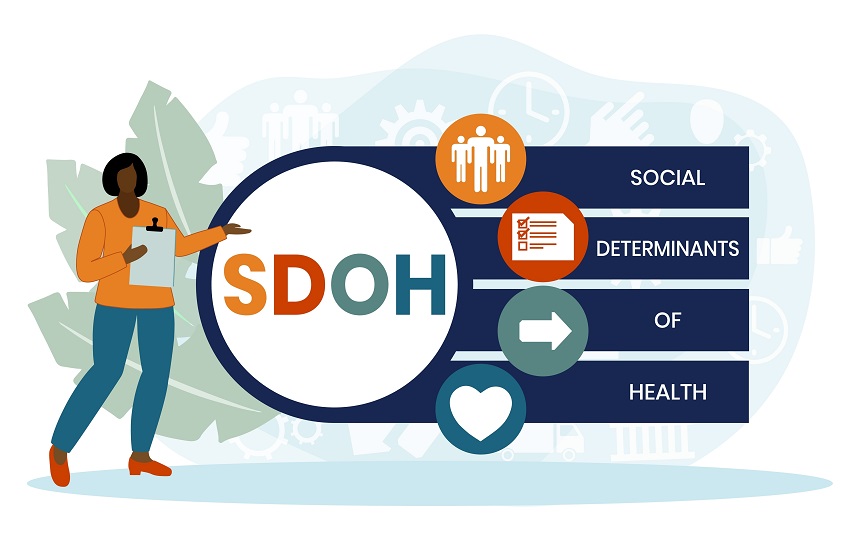In part one of this two-part blog series, we went over some basics on what are known as the social determinants of health, or SDOH. Referring to concepts covering healthcare access, equality and stability in the workplace, SDOH is increasingly an area that employers should be considering as they optimize employee health benefits and connected areas.
At Nielsen Benefits Group, we’re happy to offer a wide range of employee insurance benefits services to clients around Sandy, including helping transform the benefits culture of many businesses. While part one of our series identified the core SDOH tenets to be aware of, today’s part two will dig into the ways employers should be thinking about them and involving them in their benefits programs.
Employees Are People, Not Numbers
Firstly, it’s important for employers to consider the underlying human element to SDOH. It’s not enough to simply identify concepts such as healthcare access, workplace equality and stability – employers have a responsibility to ensure that these are in place for their staff, or else risk facing legal issues further down the line.
In terms of optimizing benefits, this means going beyond simple metrics like total spend on benefits and looking into how employees are directly affected by these policies. Are they able to access the resources they need? Are there more equitable options for those with specific needs? Thinking on a human level is an important step in optimizing employee health benefits.
Impacts on Productivity and Satisfaction
Another key area employers should consider when it comes to SDOH is the impact these have on employee productivity and satisfaction. Employees that are able to access healthcare and enjoy workplace equality and stability tend to be more productive, as they are free from stresses related to medical bills and other financial worries.
On a broader scale, having an emphasis on SDOH can also help employers to build a better overall company culture. Employees are likely to be more satisfied and loyal if they feel that their employer is taking steps to ensure health, safety and well-being within the workplace. As such, it is important that employers prioritize SDOH in their benefits planning.
The Benefits Outweigh the Risks
When you look at the big picture, there are plenty of good reasons for employers to take SDOH into account when developing their employee benefit plans. Not only does it ensure that employees have access to the resources they need, but it can also improve overall productivity and satisfaction within the workplace.
Ultimately, any costs associated with including SDOH in benefits programs tend to be outweighed by the gains. By creating a healthier workplace, employers are able to attract and retain better employees, increase overall productivity and create an environment for everyone to thrive.
At Nielsen Benefits Group, we can help you make sure that your employee benefits program is SDOH-friendly. Contact us today for more information about this or any of our employee benefits services.


